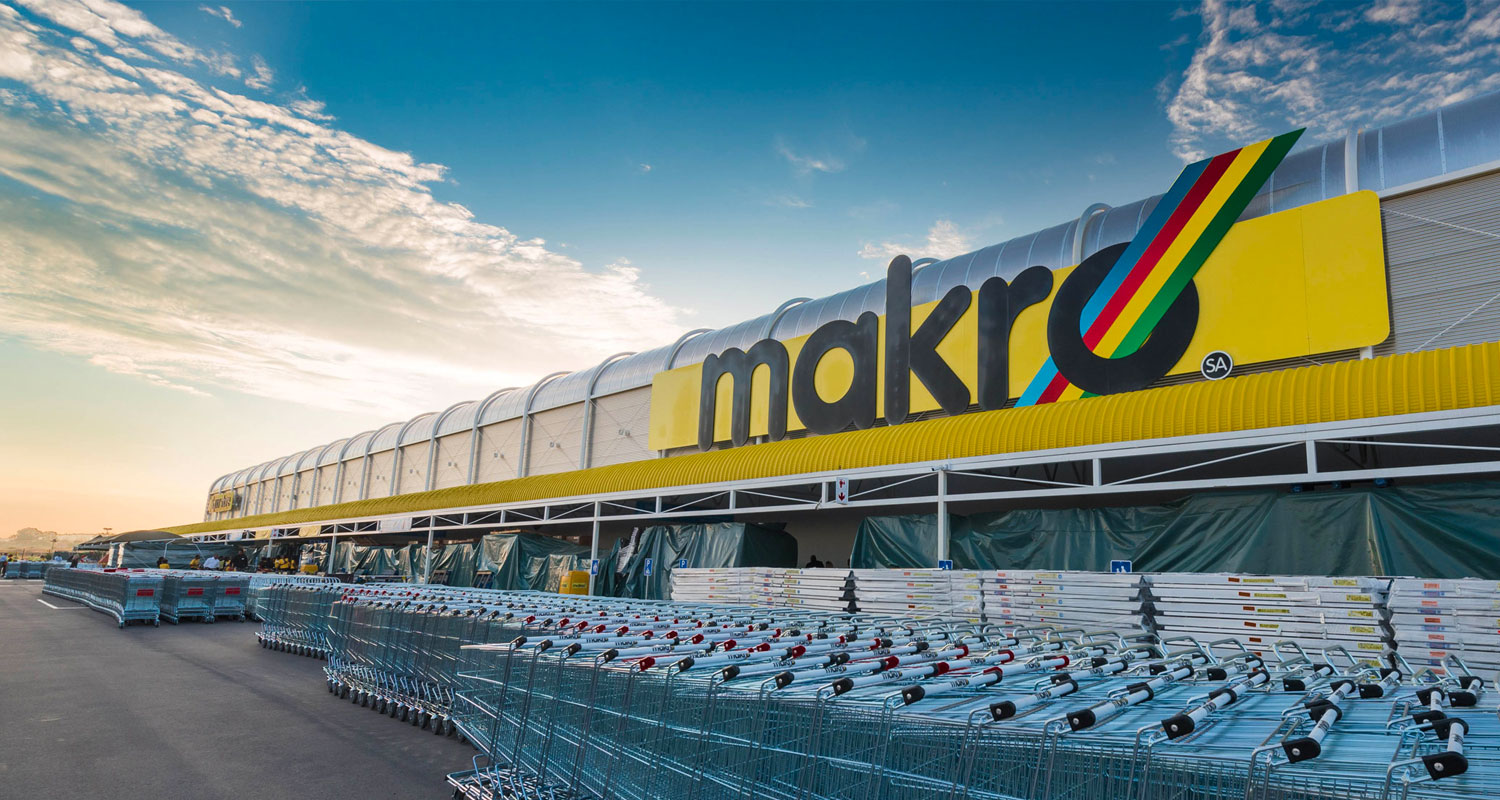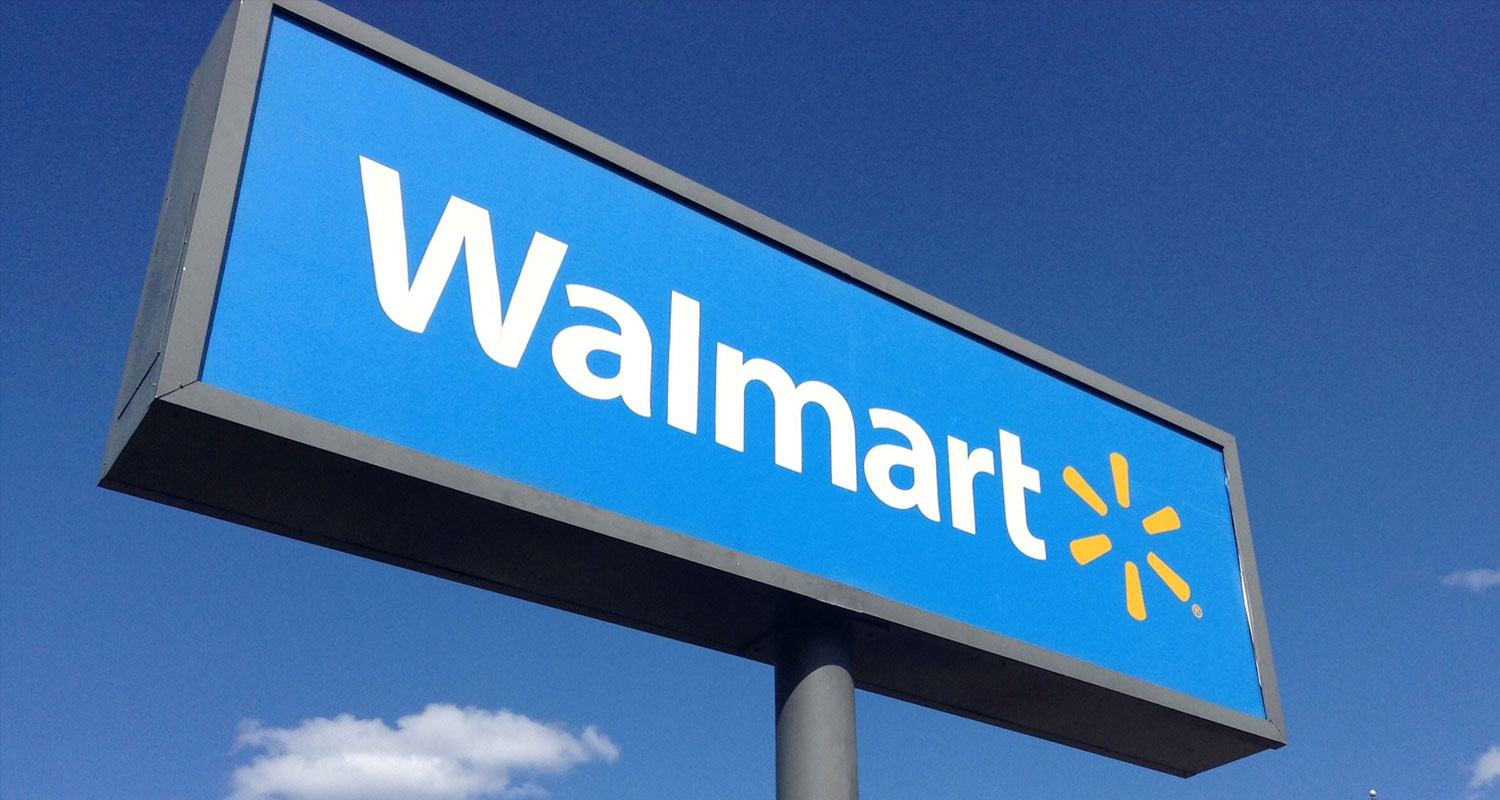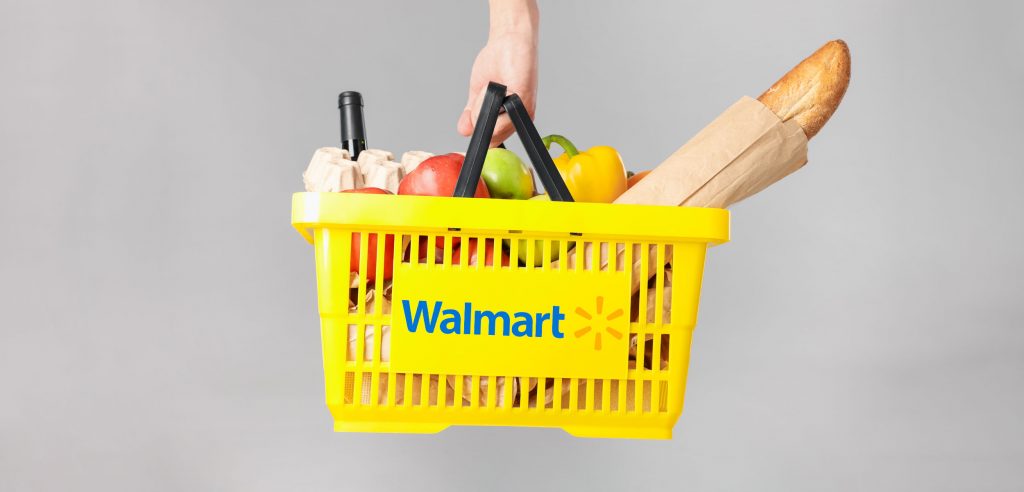US megaretailer Walmart’s move to introduce its own-branded stores in South Africa is going to be met with stiff competition from established retailers, but its advancements in retail technology – spanning its operations from in-store management to its logistics pipeline – could give it an edge.
According to Chris Gilmour, investment analyst at Gilmour Research, Walmart will have to wrestle away market share from market-leading incumbents like Shoprite and Pick n Pay that have a long history with South African consumers and understand their shopping habits well.
Walmart’s purported strategy to offer a “wide range of merchandise, including fresh groceries, household essentials, apparel and technology” may not work particularly well locally, either.
“To have any meaningful impact, Walmart would need to sustainably undercut Shoprite and all other South African retailers in terms of price. Sure, Walmart has huge buying power, but is it necessarily that different to Shoprite? I’m not convinced. The experience with Game especially has shown that South African shoppers don’t really like stores that sell TV sets right beside pumpkins and gem squash. They want focused retailers,” said Gilmour.
“Walmart has effectively been in South Africa for over 15 years, first with a ‘listening post’ in Fruit & Veg in the Cape and then with the Massmart acquisition. Frankly, the Massmart acquisition made no impact at all in my opinion, with Massmart actually teaching big brother Walmart a lot of things rather than the other way around,” he said.
The South African retail market has proven difficult to conquer not just for Walmart, but for other US retailers as well. Another US-based megaretailer, Amazon, entered the local market in May 2024. While Walmart’s focus is more on physical storefronts, Amazon’s eyes are on the online retail sector.
Stiff competition
Prior to Amazon’s entry, expectations regarding the Jeff Bezos-founded company’s impact on the local market were high, especially relating to the possibility that it might overtake market incumbent Takealot as the leading online retailer in the country. However, Takealot continues to dominate in online retail, especially since some of Amazon’s key differentiators, such as its Prime subscription service, are not offered locally.
“Unless Walmart really intends going flat-out by bringing in big gun operations such as Sam’s Club in addition to the normal Walmart stores, I doubt it will have any serious impact on South African shoppers’ willingness to spend in this type of environment,” said Gilmour.
Read: Online shopping boom in South Africa
Sam’s Club is a membership-only warehouse retailer owned by Walmart. It offers a wide range of products, including groceries and electronics, in bulk quantities at discounted prices. Members pay an annual fee to access these savings and additional benefits like fuel discounts and a mobile app for convenient shopping. Makro, owned by Walmart through Massmart, is South Africa’s closest equivalent to Sam’s Club.
Arthur Goldstuck, founder and CEO at World Wide Worx, whose Online Retail in South Africa 2025 report was released earlier this week, told TechCentral that Walmart’s entry into the local market will not be as conservative as Amazon’s, especially since Walmart already has a local presence through its Massmart-owned stores such as Game and Makro.

“Walmart’s effect should be felt faster than Amazon’s because it isn’t starting from scratch. It already controls Massmart’s store and distribution network, which it can use to push lower everyday prices and better availability in groceries and household goods,” Goldstuck said.
“By contrast, Amazon chose a measured roll-out in May 2024. with limited categories at launch, minimal fanfare and a focus on onboarding local sellers rather than a “big bang”. Expect the first visible Walmart shift in pricing and reliability, with bigger changes as the first Walmart-branded sites open during 2025 and operations bed down through 2026.”
An area where Walmart may assert dominance is through technology, where the megaretailer has been able to improve efficiency both in-store and in its logistics network. Walmart is renowned for using real-time data, satellite tracking and predictive analysis to run an efficient supply chain. In stores, Walmart offers self-service checkout facilities that local incumbents such as Checkers have only begun piloting recently.
Last month, at its flagship retail technology event, Converge, Walmart gave more details about its four new AI “super agents” that have been launched to save time and effort for both workers and shoppers.
They include Marty for sellers and suppliers, Sparky for shoppers, the associate agent, which centralises access to resources such as schedules and sales data to save time for Walmart workers, and the developer agent, which is designed to shorten cycles for testing, building and launching software within the company.
“We’re entering a pivotal moment in the evolution of AI, where the focus is shifting from model-centric development to building intelligent systems powered by agents capable of autonomous reasoning, planning and action,” the company said last month.
“This transition to agentic AI is more than just a technical upgrade; it’s a fundamental reimagining of how we build, scale and deliver intelligent experiences across Walmart.”
Digital twins
AI agents can accomplish specific goals with limited supervision.
Walmart stores in South Africa are expected to make extensive use of digital twin technology, which is a virtual copy of Walmart’s physical stores where new layouts and promos can be tested before they deployed physically in store. Digital twins help reduce setup time for new promotions, reallocate workers more efficiently and improve robotic picking accuracy.
Another area where Walmart has made big inroads is in adaptive retail, where it uses technology to produce “profoundly” personal shopping experiences delivered through technological innovation. Every individual defines how, where, when and why they obtain products, and technology then adapts itself to meet them where they are. This includes machine learning to predict when customers typically need everyday items, which are then delivered them directly. According to Goldstuck, Walmart’s combination of online and physical retail, by offering click-and-collect shopping using Massmart stores for fulfilment, could give the US retailer a strong competitive advantage.
Read: Amazon South Africa struggles to find its footing
“Its edge is the ability to make baskets genuinely cheaper on a consistent basis without forcing shoppers to chase weekly specials, and to back that up with a wide click-and-collect and returns network across Massmart stores.
“That combination lowers delivery costs and builds trust. Add strong store-brand ranges at lower prices and, potentially, a marketplace that gives vetted local SMEs access to Walmart traffic, and you get a mix of price and convenience that pure online rivals will find hard to match at scale,” said Goldstuck.
 The speedy deployment of advanced technologies will be key to Walmart’s success in South Africa, especially since local retailers are not sleeping at the wheel when it comes tech-driven innovation.
The speedy deployment of advanced technologies will be key to Walmart’s success in South Africa, especially since local retailers are not sleeping at the wheel when it comes tech-driven innovation.
Checkers in August announced it was piloting the use of smart trolleys that offer customers self-service checkout at two of its stores in the Western Cape. Similar to past initiatives like the use of data, analytics and AI to manage stock, a successful pilot will be followed by a nationwide roll-out.
In an interview with TechCentral in May, Chris Shortt, chief technology officer at Shoprite Holdings, said the retail giant is increasingly using AI to adapt in-store layouts to shopper requirements in ways that increase sales and improve the shopper experience.
Walmart’s technology-driven logistics pipeline allows the retailer to offer just-in-time replenishing services in some of its markets, a move that may pose a threat to market-leading Checkers Sixty60 and other rivals including Pick n Pay asap! and Woolies Dash. According to Gilmour, however, challenges specific to the South African market will likely make just-in-time deliveries difficult to implement.
Read: Checkers rolls out smart trolleys to kill the checkout queue
“South Africa is a big country with difficult logistics challenges. Just-in-time and economic order quantity retailing isn’t easy. Walmart is admittedly very good but will need to learn to adapt to the special circumstances of operating in South Africa, especially with regards to hijacking, which is something they hardly have to contend with in most jurisdictions in which they operate,” said Gilmour. –© 2025 NewsCentral Media
Get breaking news from TechCentral on WhatsApp. Sign up here.
Don’t miss:
TCS | Pick n Pay’s Enrico Ferigolli on building asap! and taking on Shoprite



